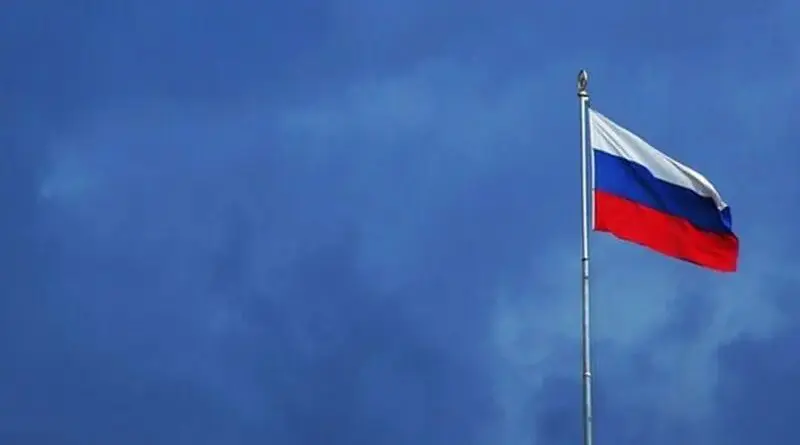Death Of The Remnants: Gorbachev’s Discarded Legacy – OpEd
August 30, 2022 marks the calendar with the death of Mikhail Sergeyevich Gorbachev along with the demise of late 20th Century Soviet identity; a legacy some might describe as idealized but eventually discarded with the collapse of the USSR in 1991. The Soviet leader known for his peaceful coexistent ideologies with the west leaves behind a Russia that might not be accepting of the west at all. The last 20 years of Putin’s regime depict why Gorbachev and Putin may have never been on the same page, whether it be, their contrasting visions for Russia or their beliefs about the ideal governing systems. To some Gorbachev might have been this great leader who fished Russia out of a potential nuclear confrontation, but for some, he would always be a sell-out who was responsible for the collapse of a Great Russian empire.
In recent years, we have seen the constant involvement of Russia in Europe and with the west but those interactions have never always been peaceful, opposing the ideas of Gorbachev and considering the west to be an ‘empire of lies’ Putin continues to assert domination through offensive means. As Andrey Voznesenski said, “do not return to former flames, your former flames do not exist.”
The ongoing events of the last two weeks have shown Russia’s response to any sanctions that the EU might decide to impose on them. With Russia, having the upper hand when it comes to energy reserves it tends to boycott those sanctions with constricted gas supplies. A short while ago Europe experienced another such confrontation with Russia in the case of Germany when Nord stream 1, Europe’s major supply of natural gas was shut down, similar to what was done in July of 2022 as well. The difference being is that this time Russia willingly chooses to not resume it until all collective sanctions on Moscow are lifted. Resultantly an all-time high was seen in the prices of hydrocarbons throughout Europe, which are predicted to inflate with the winters being just around the corner.
Seeing such actions one might wonder if Putin plans to reverse all the reforms that were devised by Gorbachev and in what direction is Russia heading in the nearing future. Though realistically would it be possible to reverse it all considering the constantly changing world dynamics?
Analyzing Putin’s regime since 1999 it would not be wrong to state that he had undertaken this massive task to militarize Russia, un-doing the arms-control accords that were signed by Gorbachev in 1991 as a continuation of the START I (Strategic arms reduction talks). The early 2000s became the basis of Putin’s anti-west agendas when EU ideologies could not align with that of Russian leaders following up with the Iraq invasion, attack on Georgia, and finally the Crimean annexation. Already observing the after-effects of Gorbachev’s “glasnost” and “perestroika”, Putin strongly believed that a communist-type regime would always benefit the state, and concepts of the west integrating with the soviet ideologies weakened the government’s control over the masses. In his regime, Putin has worked to restore Russia’s status as a police state, shutting down any anti-Russian associations. He aims to maintain the religious and structural Russian values while working towards cultural supremacy that could compete with the west. However, after the collapse of the Soviet Union, the enormous task of reforming was never easy for Russia, from facing containment policies by the US to military threats from NATO to economic sanctions by the EU, Russia has seen it all. This automatically deep roots insecurity that is to be projected while taking any measures and decisions for the state.
When we look into the whole ordeal between Russia and the west a clear notion can be deduced, that it was never Europe against Russia but it has always been the US against it. Either fighting on the front or backing NATO-aided states, it has always been the US being the base of all Russian insecurities. The present-day situation between Russia-Ukraine is also a clear indication of Russian insecurity for US-led agendas. This time Putin relies on his trade relations with Europe to have that slight edge; something that Gorbachev did not have during the late 1980s, and aims to emerge as a victor in this round against the CIA. Consequently, in such a case possibility of a new world order emerges, one that is not US dominant and provides a growth spurt to the newly developing assertiveness of Russian and Chinese domination.
Srabeel Farooqi is pursuing her bachelor’s in International Relations from the National University of Modern Languages (NUML), Islamabad.

